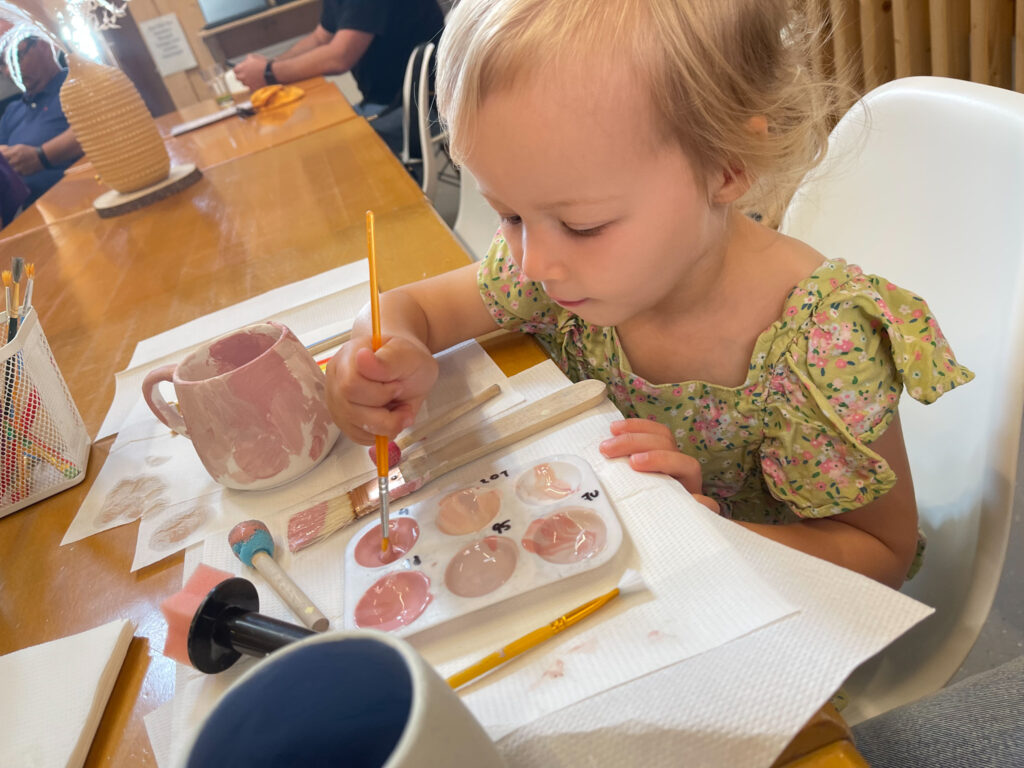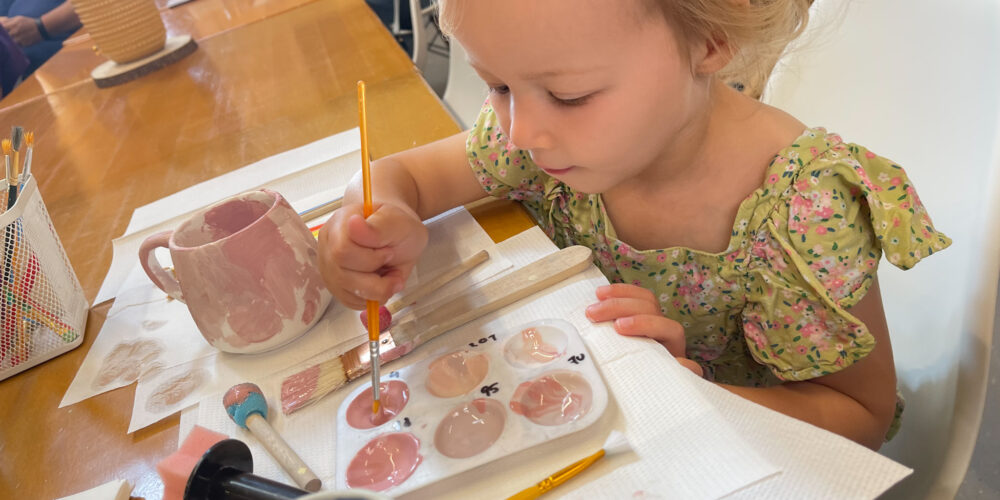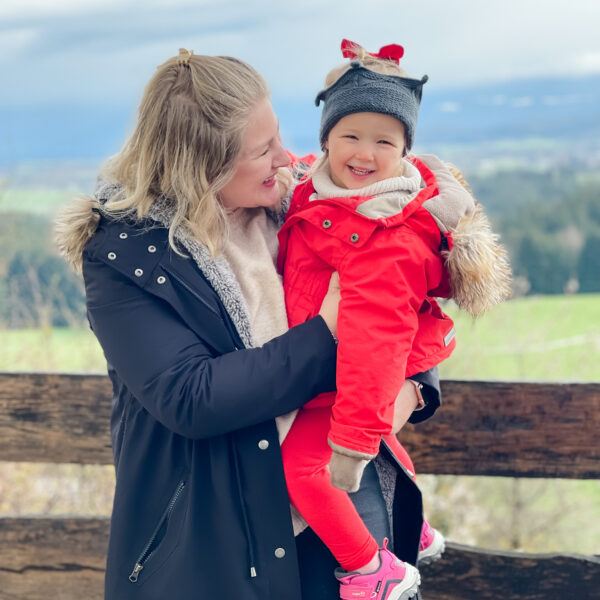It’s an unfortunate fact, but school isn’t going to teach a child everything. And because of that, you’re going to want to teach your kids a few extracurricular skills as they get older. A good extracurricular skill is fun, but it’s also constructive. And as a parent, finding the balance between these two can be difficult! Don’t beat yourself up if it takes a bit of practice to find the right activities that your kids enjoy.

How to Write Poems and Creative Stories
For kids, flexing their creative muscles is very important. It encourages them to develop stronger thinking patterns, and to stave off boredom when it strikes. If they can be entertained with just their own mind, or through a pencil and some paper, it’s going to be easy to have fun wherever you go!
So sit down with them, teach them story and poem structure, and make little stories and poems from time to time. The more they practice, the better they’re going to get. And when they can appreciate their own creative skills, they’re going to find it more fun than ever! You can then hold readings in the living room, and dress up as the characters you’ve created.
How to Ride a Bike
Riding a bike is a core skill that most adults have, but shockingly around one in eight adults have no idea how to do so! It’s a skill that’s easiest to teach in childhood, and going for bike rides around the neighborhood or through nearby forests and fields is a great family activity.
To teach them in the most accessible way, it’s best to buy a few of the best balance toys for kids and use them on a regular basis. Riding a bike not only gives a child more freedom and independence, but it helps to develop their core motor skills. This will help with sports as a teenager, and help them to remain flexible during their early adult years.
How to Cook Basic Foods
Cooking is a life skill that many people fail to learn. Don’t let your kids make the same mistake! Cooking can be a lot of fun, and you can experiment with all different kinds of ingredients, textures, and flavors. As such, you should bring the kids into the kitchen with you when you’re cooking dinner.
Start with small things like grating cheese or peeling vegetables, and then move into safely handling a knife and using a frying pan as they get more confident with their skills. Of course, younger children shouldn’t be handed sharp objects at all, but kids over the age of eight should get to grips with it just fine.
How to Look After the Environment
The environment is always going to need looking after. The best way to approach this is by teaching your kids how to ‘be green’ when they’re young. Talk to them about things like food waste, and your carbon footprint. Show them how to use the recycling bin, and what things are allowed to go in it.
You can also teach them how to upcycle, which will help them approach life practically. The more you can find ideas for old items to be reused, the longer things will last. Plus, it tends to work out a lot cheaper in the long run as well.
How to Have Fun with Board Games
Board games are fun, of course they are! But it’s very easy for people to fall out of love with playing board games. They can take too long, they can cause a lot of arguments, and sometimes you’d just rather be playing something else.
But if you host regular board game nights with the kids, you can try out all different kinds of games. This way you’re likely to find the types you enjoy the most, and have more fun as a family as a result. Don’t think board games have any relevance to life? Well, this will teach your kids things like social skills, how to share, and how to wait their turn.
Learning outside of the classroom is always going to be good for kids! Come up with a few different things to try out, from Mahjong to Monopoly, whether they’re the ideas above or not, and have some fun while learning structural skills. It’s possible to learn at all times, and when you do, you’re more likely to have fun!







Leave a Reply